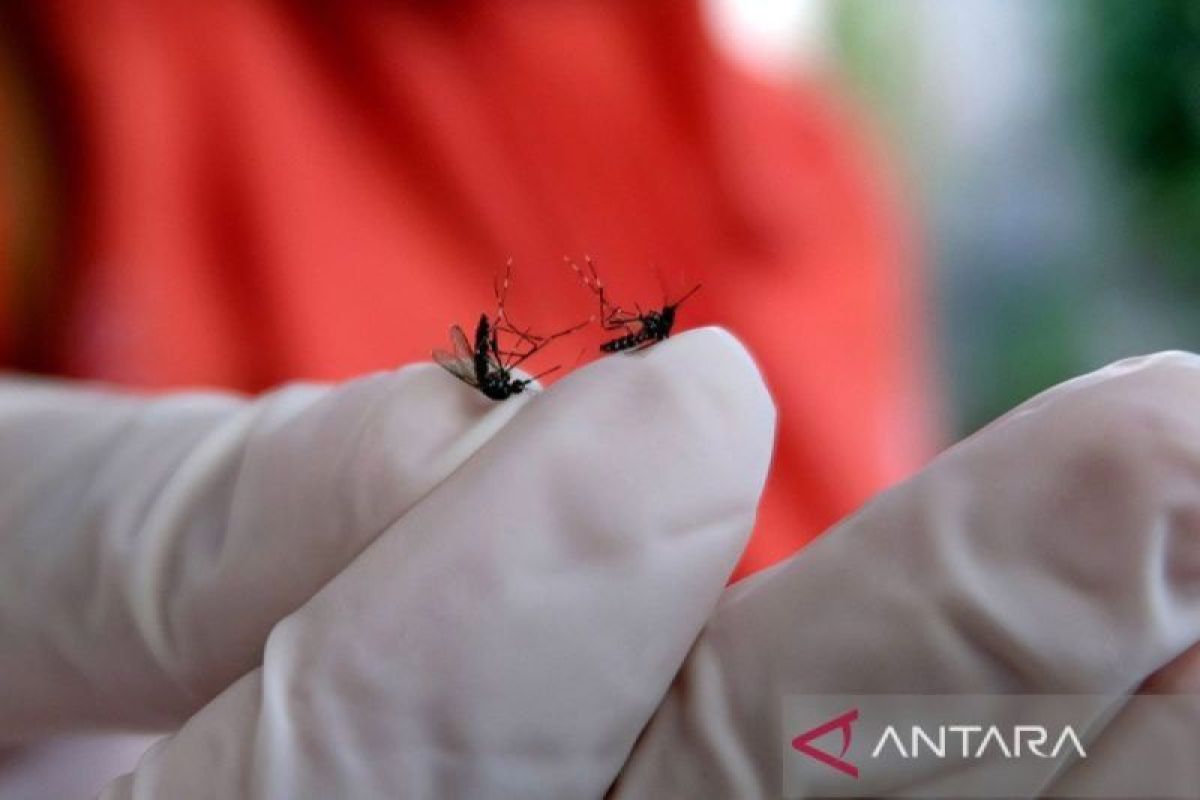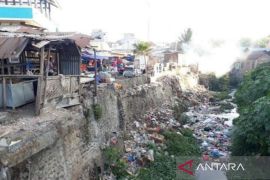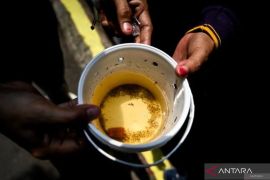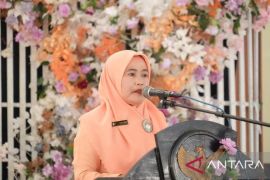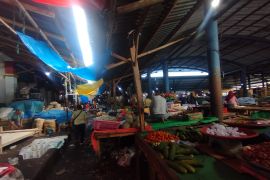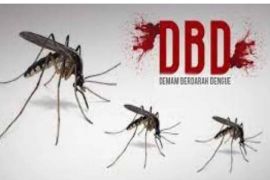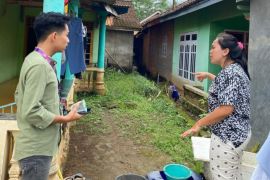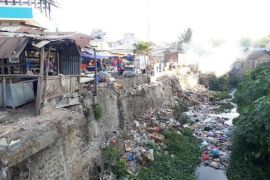Denpasar (ANTARA) - The Bali provincial government has begun implementing a climate-based dengue early warning service called DBDKlim, which was initiated by the Meteorology, Climatology, and Geophysics Agency (BMKG).
In a statement received here on Wednesday, the deputy for climatology at the BMKG, Ardhasena Sopaheluwakan, said that DBDKlim is an information service that connects climate science and public health to anticipate the spread of dengue fever.
"By using climate prediction data, it aims to reduce dengue cases, prevent outbreaks, protect communities, and encourage health and sustainable practices," he said.
Bali is the second region to implement this system after Jakarta, which has been using the dengue early warning service for five years. Sopaheluwakan said that the service uses BMKG climate data to predict the correlation between humidity and the number of dengue cases in an area so that when potential cases are detected, prevention steps can be carried out. Bali residents can also access the DBDKlim service through the https://staklim-bali.bmkg.go.id portal, which will be updated monthly by the BMKG.
"Some potential outbreak diseases are strongly influenced by the season, including respiratory tract infections and gastrointestinal tract diseases, so that with the use of DBDKlim, preventive measures can be immediately determined," he said.
At the DBDKlim service launch, Bali regional secretary Dewa Made Indra welcomed the breakthrough effort to anticipate dengue fever. Indra noted that the dengue case count in Bali is quite high, especially in Denpasar, Badung, and Gianyar.
Baca juga: Potensi hujan mulai berkurang di NTB pada awal Mei
Baca juga: Info BMKG prakirakan Jakarta cerah berawan pada Selasa
He expressed the hope that data on potential cases by referring to climatic conditions can be used as a prevention guideline.
"So, it does not (directly) decline the dengue rate in Bali, but the health office can make appropriate schemes and countermeasures through data and variables made (available) by BMKG through DBDKlim," he said.
Pewarta : Muliantari, Kenzu
Editor:
I Komang Suparta
COPYRIGHT © ANTARA 2026
